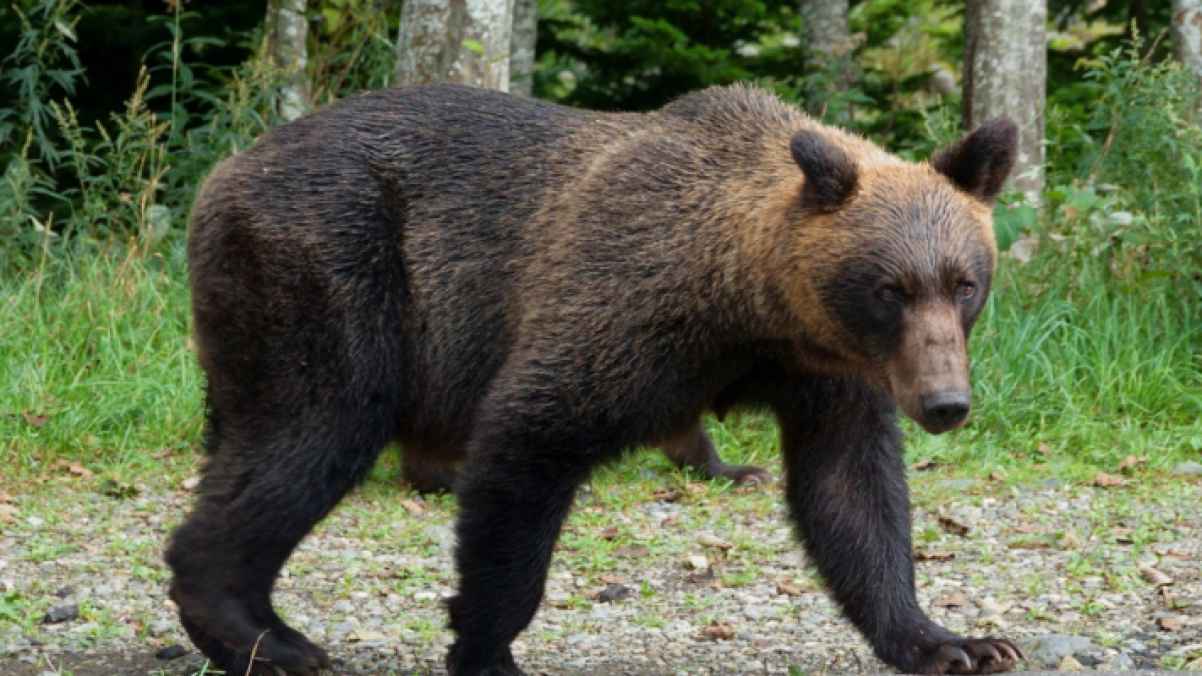Japan deploys its army to combat bears

- Japanese army deploys to help municipalities contain wave of bear attacks
- Over 100 attacks since April have resulted in 12 deaths
The Japanese army has deployed troops to the northern part of the country to assist local authorities in capturing bears after communities reported difficulty dealing with an unprecedented wave of attacks.
The operation began in Kazuno, a small town nestled among forested mountains, which has seen a sharp rise in bear sightings.
For weeks, residents have been warned to avoid dense forests and stay indoors after dark to keep clear of bears foraging near homes.
Official Yasuhiro Kitakata said, "Even if just temporary, the Self-Defense Forces' support is a big relief. I used to think bears would run away when they heard noise, but now they actually approach you. They are truly frightening animals."
According to the Ministry of the Environment, Japan has recorded over 100 bear attacks since April, resulting in 12 deaths, a record high.
Two-thirds of these deaths occurred in Akita Prefecture, where Kazuno is located, and the nearby Iwate area.
Officials in Akita noted that bear sightings have increased sixfold this year to more than 8,000, prompting the governor to request help from the Self-Defense Forces last week.
Kazuno Mayor Shinji Sasamoto said after meeting roughly 15 soldiers who arrived in military trucks and jeeps equipped with armor and large maps: "The townspeople feel the danger every day. It has affected their daily lives, forcing them to stop going out or cancel events."
The troops are tasked with transporting and inspecting steel-barred traps used to capture bears, which are later shot by trained hunters to control the population.
Local forestry officials showed soldiers how to assemble the traps and load them onto trucks.
The soldiers wore white helmets and carried bear spray, while others were armed with shields and wooden poles shaped like rifles.
A local resident, who stepped outside to see the operation with her radio blaring to scare off bears, said, "We thought there was a fire. We always try to avoid encounters with bears, but we keep hearing about people being attacked."
After Kazuno, which has a population of around 30,000 and is known for its hot springs, scenic beauty, and variety of apples, the troops will move on to the cities of Odate and Kitaakita under an agreement set to last until the end of November.
